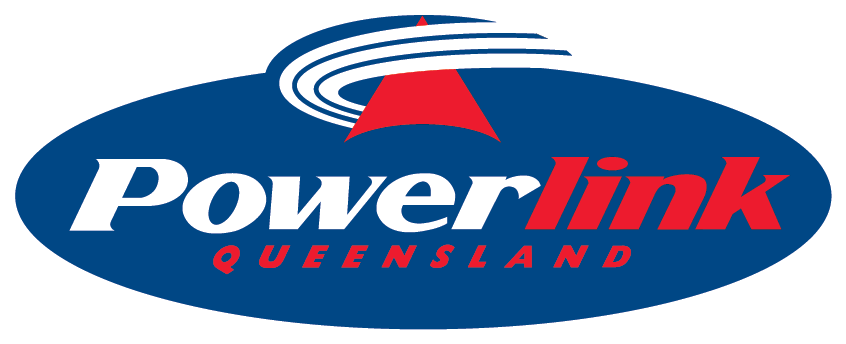Climate change and the electricity sector
Government climate change policies are driving a shift in generation sources. As part of Powerlink’s planning processes we consult with industry on network alternatives, assess alternatives and identify the solution that delivers the least long-run cost to electricity consumers, while meeting reliability requirements.
Climate change is a dynamic issue and ongoing developments such as electric cars and the impacts of factors such as demand side management are continually changing the external landscape. Powerlink has a planning cycle that can accommodate and manage change while delivering a cost effective and reliable transmission service.
Emissions reporting
We report annually on our greenhouse gas emissions and energy use as part of the National Greenhouse and Energy Reporting Act 2007. Before the Act came into play, we had been reporting voluntarily on emissions since 1999 under the Greenhouse Challenge and Greenhouse Challenge Plus programs. Our greenhouse emission data is verified each year by a National Greenhouse and Energy Reporting System (NGERS) accredited auditor prior to submission to the government.
We’re working with other Transmission Network Service Providers to develop a robust reporting system to meet the requirements of NGERS, with a particular focus on the management of sulphur hexafluoride (SF6) which is a greenhouse gas used in some high voltage electrical equipment.
